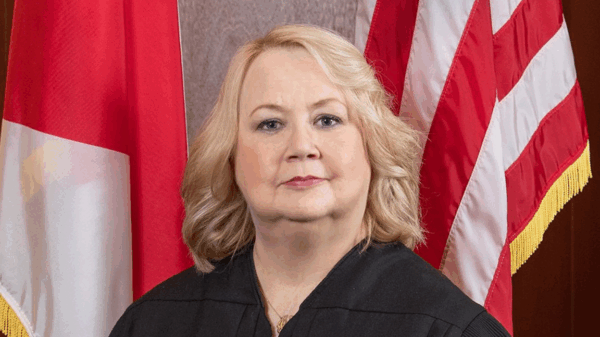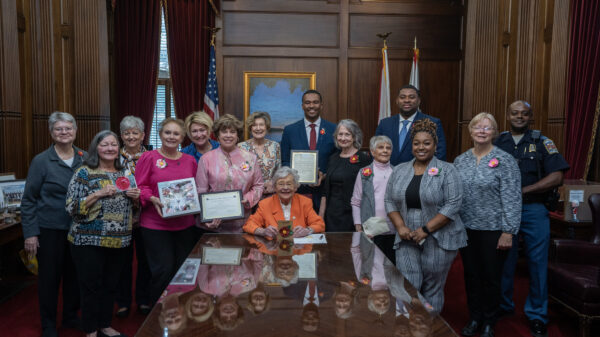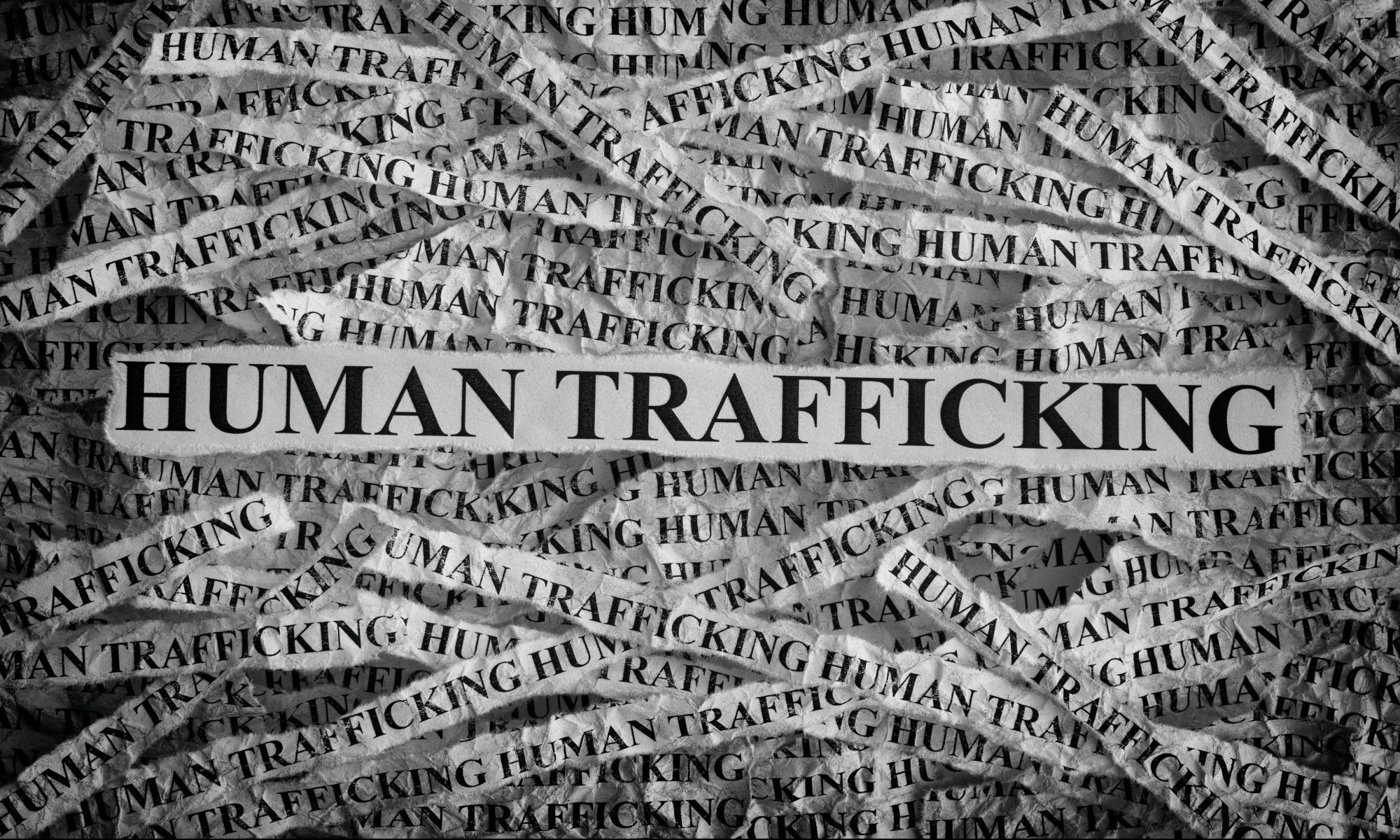Rep. Merika Coleman, D-Birmingham, and Rep. Terri Collins, R-Decatur, introduced four bills aimed at fighting human trafficking on Wednesday in honor of Human Trafficking Awareness Day.
Three of the bills passed unanimously through the committee. One, HB260, will receive a public hearing and will be voted on next week.
“Human trafficking is the fastest-growing criminal enterprise in the world, second only to the drug trade as the largest in the world,” said ADAA President Tom Anderson of Enterprise. “Alabama is not immune, as we have seen an increasing number of cases in Alabama involving both sex trafficking and labor trafficking, including children.”
HB261, HB262 and HB264, the three bills passed out of committee, received their second reading on the House floor on Thursday. They will be up for debate next week.
The bills would require health care workers and truck drivers to undergo training on signs of human trafficking.
If enacted, all current people in those fields would be required to receive training by July 1, 2020. After that, all new employees must be trained within their first six months of employment.
“There are more slaves in the U.S. today than at any other point in our country’s history,” said Doug Gilmer, resident agent in charge with the U.S. Department of Homeland Security. “The I-20 corridor from Atlanta to Birmingham is the most trafficked section of interstate in the entire nation.”
The bills would also allow publication of photos of those who solicit or purchase sex, increase penalties for businesses who defy qualifications to provide information of human trafficking hotlines and make the Alabama Department of Labor, the Alcoholic Beverage Control Board and the Public Service Commission responsible for enforcing these laws.
“As the issue of human trafficking continues to gain local and national attention, including a recent string of arrests in multiple Morgan and Madison County massage parlors last week, we want to make sure Alabama is doing everything it can to be on the forefront of combating this incredibly prevalent issue,” Coleman said.
One of the state’s first encounters with human trafficking occurred in 2013, when a 17-year-old girl kidnapped in Mississippi was drugged and forced into sex trafficking in Alabama and Tennessee. The victim escaped her captor in Dothan. The abductor was then sentenced to 50 years of prison in Houston County.
“As district attorneys, our members see cases of human trafficking first hand,” said Barry Matson, executive director of the Alabama District Attorneys Association. “Their call is not just to prosecute the traffickers, though that is critical, but also to help the victims out of their dire situations. Most often, these are children and women who are controlled by traffickers through coercion, physical force or fraud.”
According to the Alabama Human Trafficking Task Force, 80 percent of trafficking victims are female and the average age for initial force into sex trafficking is between 11 and 14 years old. Half of the world’s 27 million sex trafficking victims are children.
The human trafficking industry is estimated annually at $110 million in Alabama. Worldwide, it is estimated at $150 billion annually.
The bills were supported and assisted by several service providers, law enforcement, the Alabama Attorney General’s Office and the Alabama Human Trafficking Task Force.






















































